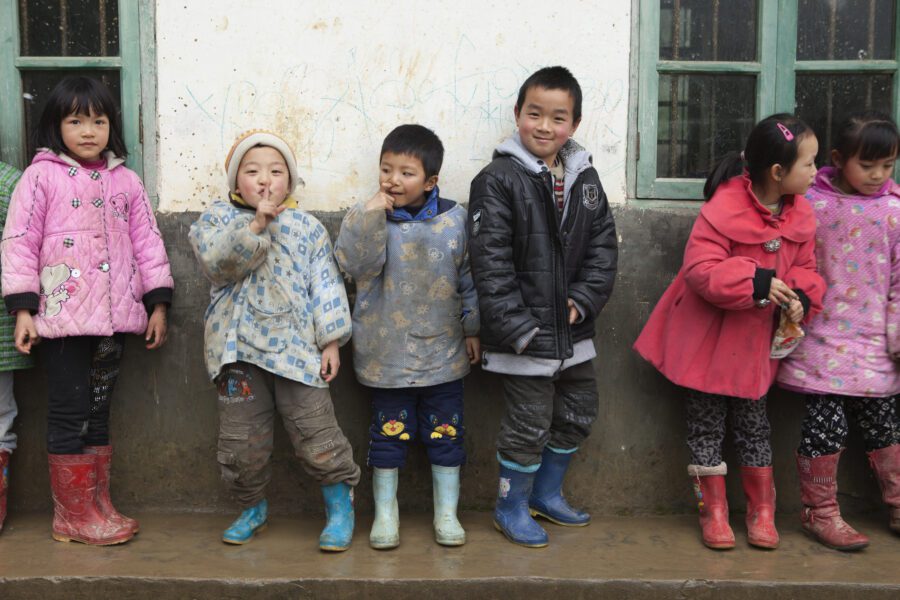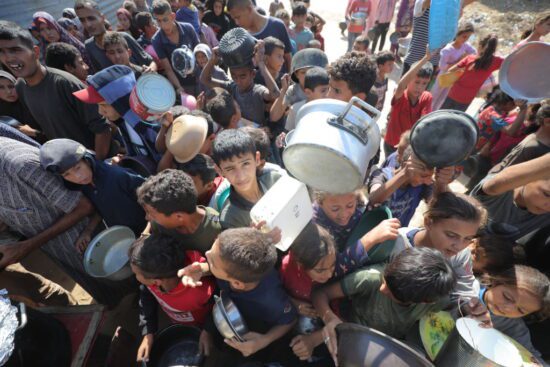China’s recent suspension of international adoptions has raised urgent concerns within Southern Baptist churches and families dedicated to offering loving, gospel-centered homes to vulnerable children through adoption. The alarming new developments present numerous challenges, particularly for families currently in the process of adopting children from China. This new restriction also has significant implications for:
- prospective adoptive parents, children, and
- the broader adoption community, including Southern Baptists who uphold the importance of providing for vulnerable children.
Additionally, this change raises critical ethical questions, reflecting the troubling humanitarian concerns in China.
What are the new restrictions on international adoptions from China?
In September, the Chinese Communist Party (CCP) announced a comprehensive suspension of foreign adoptions, dramatically changing its adoption policy. In 1992, the party opened its doors to allow parents from around the world to adopt children from China. Due to the country’s former one-child policy, many families chose to put females or infants with disabilities up for adoption.
In light of these recent changes, this decision is not only a setback for families seeking to adopt but also raises alarms about the welfare of children who will likely remain in orphanages or foster care without hope of finding permanent homes. More than 80,000 children from China have been adopted by Americans internationally since 1992.
The new suspension exemplifies China’s continued efforts to prioritize state control over individual rights, ultimately demonstrating a lack of commitment to the well-being of vulnerable children. The implications of this new policy extend beyond present adoption concerns, revealing the urgent need for advocacy and support for these children in desperate circumstances.
What does this mean for families seeking international adoption from China?
For families in the adoption process, this sudden change is profoundly saddening and distressing. There are roughly 300 families that were already matched with a child and moving toward finalization. Many of these families had been matched with their children for several years and had even hosted them for visits in the United States. It is believed that all of these children have some form of physical or mental challenge that requires increased levels of care.
Many individuals, including Southern Baptists, have invested abundant time, resources, and energy into the drawn-out process of adopting children from China. This abrupt decision leaves families devastated, particularly those in the final stages of the adoption process. It remains unclear, though doubtful, if there will be a pathway forward for those amid the adoption process to see it through to completion.
Additionally, the negative implications for the estimated 100,000 children in Chinese orphanages are grave. This decision by Chinese leadership will result in fewer opportunities for these children to find loving homes; many will continue in orphanage care, and research has proven this will affect their long-term emotional and developmental well-being.
It is essential for The U.S. Department of State to seek a resolution for American families currently engaged in the adoption process with China.
Why does this suspension on international adoptions in China matter to Southern Baptists?
China has consistently been known for its abuse of human rights, including the persecution of religious minorities. The CCP’s new adoption suspension further inflicts suffering on countless individuals and denies vulnerable children the opportunity for love, safety, and stability.
- As Southern Baptists, we believe that children are a gift from God and that all people, regardless of location or age, are made in God’s image.
- We also believe that the picture of adoption is at the very heart of the gospel.
- In 2009, Southern Baptists passed a resolution On Adoption and Foster Care that championed the efforts of churches and families to care for these children.
Practicing Christians are twice as likely to adopt compared to nonreligious individuals, highlighting a significant commitment to caring for vulnerable children.
The ERLC aims to advocate for adoption and foster care efforts that support families and vulnerable children. We have continued to place a high policy priority on maintaining the viability of international adoptions as they have decreased in recent years. The ERLC recently sent a letter to the State Department opposing China’s new policy and advocating that the secretary of state seek a fair resolution that prioritizes the needs of American families and the Chinese children awaiting adoption, ensuring the process is brought to a successful conclusion.
We affirm our commitment to advocating for policies that protect children, serve Southern Baptist families, and ensure adoption is possible through both domestic and international avenues. The recent suspension on foreign adoptions from China presents challenges and intricate complexities for families. As we aim to defend the fatherless, the ERLC will continue to advocate for opportunities that ensure these children can thrive in loving, Christ-centered homes.











